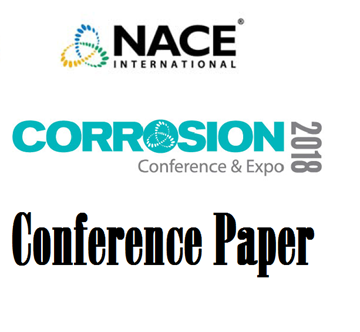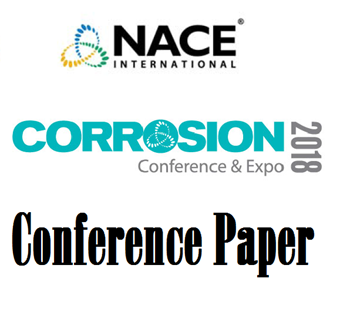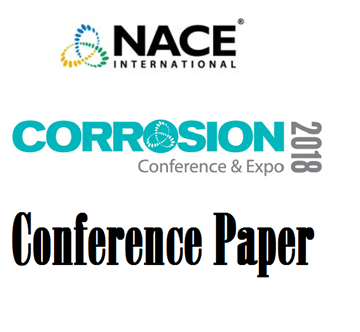Search
51318-11109-INTEGRATED CATHODIC PROTECTION (CP) SENSOR NETWORK – DEVELOPMENT OF THE CP SENSOR
Also Purchased
51318-11057-LONG-TERM FIELD TESTING OF CATHODIC PROTECTION EQUIPMENT IN SOIL AND MARINE ENVIRONMENT
Product Number:
51318-11057-SG
Publication Date:
2018
$20.00
51318-10971-Cathodic Protection System Simulation for Life Extension and Inspection Optimization
Product Number:
51318-10971-SG
Publication Date:
2018
$20.00
51318-10944-Cathodic protection affected by stray current transients: Critical duration and amplitude
Product Number:
51318-10944-SG
Publication Date:
2018
$20.00




